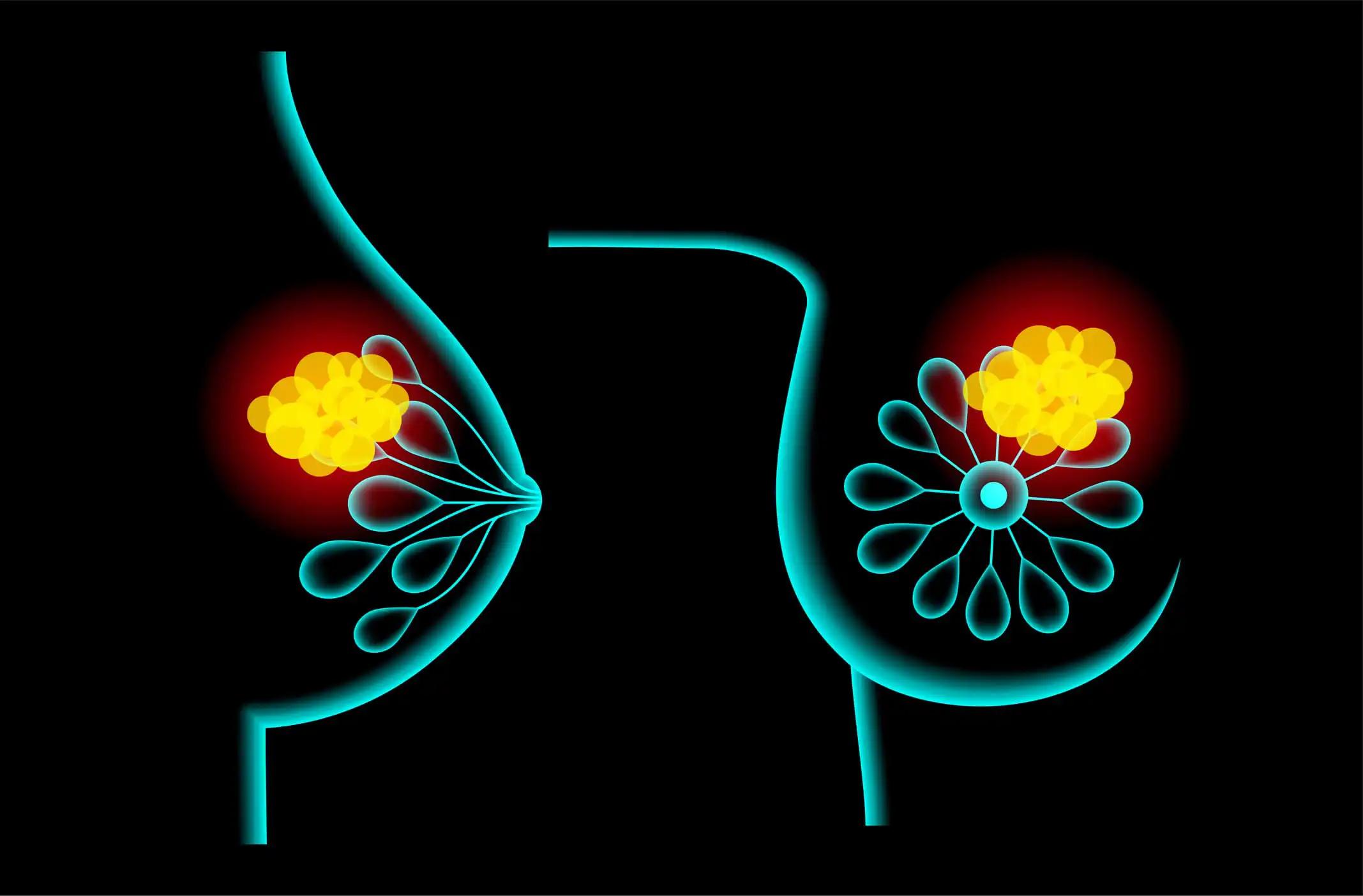KEY TAKEAWAYS
- This phase 2 PARSIFAL study involved 486 patients with endocrine-sensitive HR+/HER2- ABC and no prior therapy in an advanced setting, randomly assigned 1:1 to receive fulvestrant-palbociclib (FP) or letrozole-palbociclib (LP).
- The most frequent adverse events (AEs) in both groups were neutropenia, leukopenia, anaemia, asthenia, arthralgia, fatigue, and diarrhoea. Febrile neutropenia occurred in a small percentage of patients in both groups.
- Six (2.5%) patients in the FP group and 6 patients (2.5%) in the LP group experienced ILD/pneumonitis. In comparison, pulmonary embolism was reported in 12 (5.0%) patients in the FP group and 6 (2.5%) patients in the LP group.
- Advanced age at baseline was the only factor significantly associated with an increased risk of pulmonary embolism.
- The PARSIFAL data confirmed the favourable safety profile of both palbociclib regimens, with VTE and ILD/pneumonitis being occasionally reported but able to be detected early and managed effectively without compromising efficacy.
The use of palbociclib has become pivotal in the management of advanced breast cancer that is hormone receptor-positive (HR+) but human epidermal growth factor receptor 2 (HER2) negative (ABC). Venous thromboembolism (VTE) and interstitial lung disease (ILD)/pneumonitis are possible side effects. However, they are uncommon and controllable. As a result, they summarise the safety and tolerability of endocrine therapy in conjunction with palbociclib among patients who participated in the randomized phase 2 PARSIFAL research.
Patients with endocrine-sensitive HR+/HER2- ABC who had not received any prior medication in an advanced setting (n = 486) were randomly randomized to receive either fulvestrant-palbociclib (FP) or letrozole-palbociclib (LP). Both pre-and post-cycle 1 laboratory tests and AE reports were kept. Estimates of progression-free survival (PFS) were made for both VTE-positive and VTE-negative patients.
The findings: 483 patients in total. The most common adverse events (AEs) across both groups were neutropenia, leukopenia, anaemia, asthenia, arthralgia, tiredness, and diarrhoea. Three (1.2%) patients in the FP group and 1 (0.4%) patient in the LP group experienced a bacterial infection called febrile neutropenia.
ILD/pneumonia occurred in 6 (2.5%) of the FP group and 6 (2.5%) of the LP group (0.4% grade 3). Around 12 patients (5.0%) in the FP group and 6 (2.5% LP group) were diagnosed with pulmonary embolism. A higher risk of pulmonary embolism was only linked with advanced age at baseline (P .01). The PARSIFAL results showed that both palbociclib regimens had a good safety profile. Rare cases of VTE and interstitial lung disease/pneumonitis were documented; however, patients could keep progressing well on their treatments when caught early.
Source: https://pubmed.ncbi.nlm.nih.gov/36239405/
Clinical trial: https://clinicaltrials.gov/ct2/show/NCT02491983
Di Cosimo, S., Pérez-García, J.M., Bellet, M., Dalenc, F., Gil Gil, M.J., Ruiz Borrego, M., Gavilá, J., Sampayo-Cordero, M., Aguirre, E., Schmid, P., Marmé, F., Gligorov, J., Schneeweiss, A., Albanell, J., Zamora, P., Wheatley, D., Martínez-De Dueñas, E., Carañana, V., Amillano, K. and Mina, L. (2022). Palbociclib with Fulvestrant or Letrozole in Endocrine-Sensitive Patients with HR-Positive/HER2-Negative Advanced Breast Cancer: A Detailed Safety Analysis of the Randomized PARSIFAL Trial. The Oncologist, 28(1), pp.23–32. doi:https://doi.org/10.1093/oncolo/oyac205.



